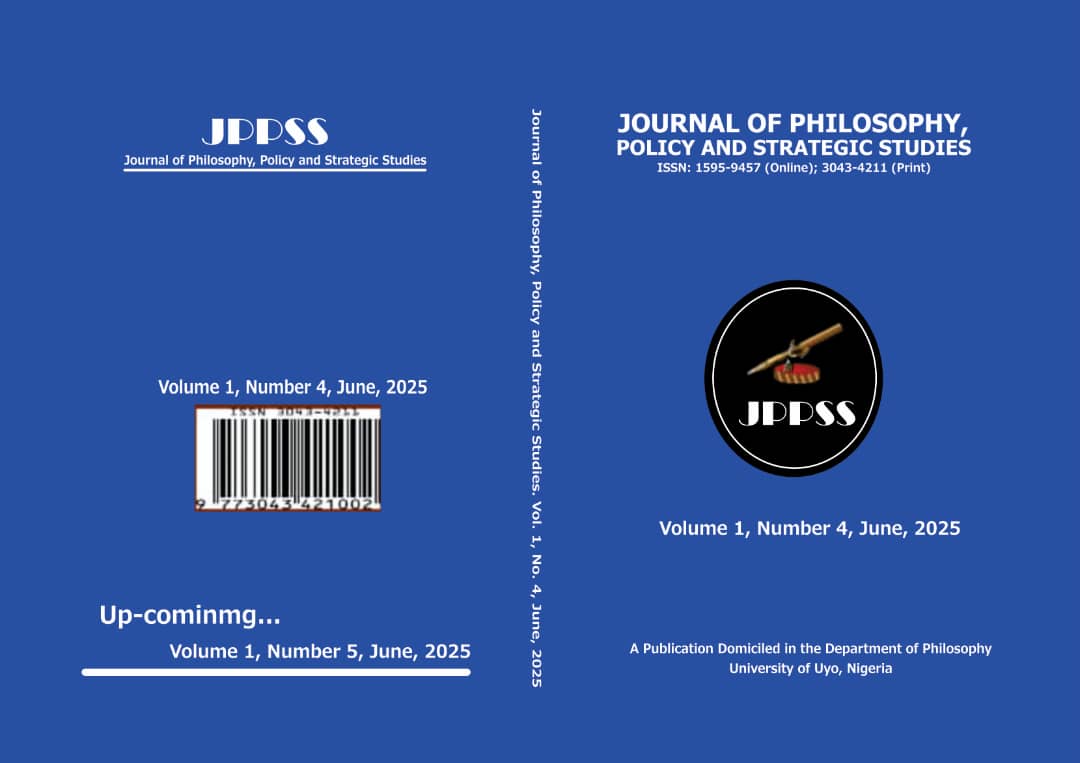GENDER-RESPONSIVE AGRICULTURAL EXTENSION POLICIES AND RURAL WOMEN’S EMPOWERMENT IN AKWA IBOM STATE, NIGERIA
Valerie Aphie Asanwana 1
Collins Okon Uloh 2
Department of Agricultural Extension and Rural Development, University of Uyo, Nigeria 1 & 2
Corresponding Email: ulohcollins86@gmail.com 2
Abstract
This study examined gender-responsive agricultural extension policies and rural women’s empowerment in Akwa Ibom State, Nigeria. Despite global and national commitments to inclusive agricultural development, empirical evidence on the operationalisation and effectiveness of gender-focused extension policies at the sub-national level remains limited. This study addresses that gap by assessing the awareness and implementation status of key policies, evaluating women’s empowerment using selected indicators from the Women’s Empowerment in Agriculture Index (WEAI), and analysing the relationship between policy dimensions and empowerment outcomes. A multi-stage sampling technique was used to select 240 rural women and 30 extension agents across six agricultural zones. Data were collected using structured questionnaires and analysed with descriptive statistics and multiple linear regression. Findings reveal moderate to low levels of awareness and weak implementation of gender-responsive policies, constrained by inadequate funding, limited training, and socio-cultural barriers. Empowerment scores varied, with the highest mean recorded in production decision-making (0.74) and the lowest in group membership (0.43). Regression analysis showed that access to training, participation in decision-making, resource support, policy awareness, and perceived fairness significantly influenced empowerment (R² = 0.482, p < 0.001). The study concludes that while gender-responsive extension policies hold transformative potential, their impact is hindered by institutional and contextual challenges. It recommends strengthening policy communication, institutionalising gender capacity-building, increasing funding, promoting women’s participation in groups, and integrating gender-disaggregated monitoring tools. These interventions are essential to realise the empowerment goals embedded in agricultural extension policies.
Keywords: Gender-responsive policies, Agricultural extension, Women’s empowerment, WEAI, Rural development, Nigeria.


